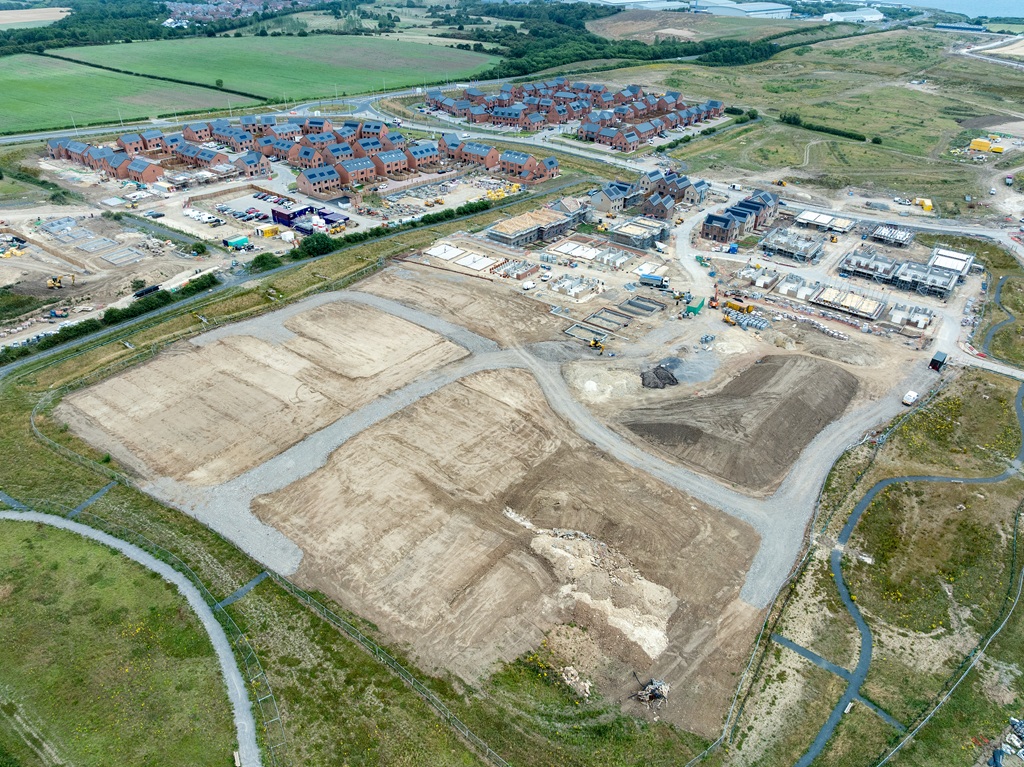Starmer attempts to juggle private markets with public controls
While recognising that markets are dynamic, the Prime Minister told the party’s annual conference in Liverpool that they must not be left uncontrolled if the country is to become better managed.
Keir Starmer promised to lead a “great reforming government” and repeated calls for planning reform, told military veterans and victims of domestic abuse they were guaranteed a home, and there would be duty of candour legislation, the so-called Hillsborough law, implemented before April to enable people to hold public bodies to account.
The big speeches in Liverpool this week have all made clear that government will intervene in people’s lives and put public service at the forefront of restoring the country to “a Britain that belongs to you.” How this fits with inspiring confidence in business to fuel investment without tying them down will be an ongoing challenge.
“If we want to be serious about levelling-up,” Starmer explained. “Then we must be proud to be the party of wealth creation. Unashamed to partner with the private sector.”
A lof of what he promised to transform about society from justice to energy involves building things: prisons, pylons, homes. Investors and developers, housing associations and councils must wait for the Budget and industrial strategy to learn more about the direction of policy: whether housing is seen as a commodity to be bought and sold or a publicly funded social service. Combining both forces into privately investable social service could emerge as a blended answer that satisfies communities and markets.
Labour has pledged to build 1.5m homes in five years, way ahead of the run rate of housebuilding in this country as property professionals know too well. The fate of Right to Buy and whether councils start housebuilding again, called for by many in the housing sector, demonstrate the big decisions being weighed in Whitehall right now.
“New homes, new towns, new hospitals, roads and schools,” Starmer promised. Watching on in Liverpool were a new breed of party faithful wearing ‘Labour Yimby’ stickers and lanyards who are fiercely pro-development. Will that mood carry successfully into planning committee decisions in Cheshire, Harrogate and Jesmond?
Since July’s election victory, there have already been announcements on new towns, changes to housing targets and local growth plans that mayors must produce. How this manifests itself into growth within five years depends partly on the ability to avoid lengthy rounds of report writing and consultation. Local leaders and developers know the projects, know the priorities, there is little to learn from another piece of economic research.
A Prime Minister and a Northern-rooted cabinet impatient for change must use existing structures such as combined authorities where possible for practicality’s sake.
The noises from Starmer and his team have been mostly welcomed so far by property and construction. Richard Beresford, chief executive of the National Federation of Builders, said: “Starmer reaffirmed the country first, party second message and proved that Britain still has politicians that believe in governing with conviction. It was particularly pleasing to hear planning reform remain a key plank of the Government’s strategy.”
Dave Dargan, co-founder and CEO of Birkenhead-based net zero housebuilder, Starship: “A thriving economy is essential for businesses, even amid tough times and anticipated challenges ahead. Yet I remain confident that change is on the horizon in the built environment sector, whether through proposed planning reforms, a commitment to sustainable housing development, or simply meeting the needs of our communities.”





